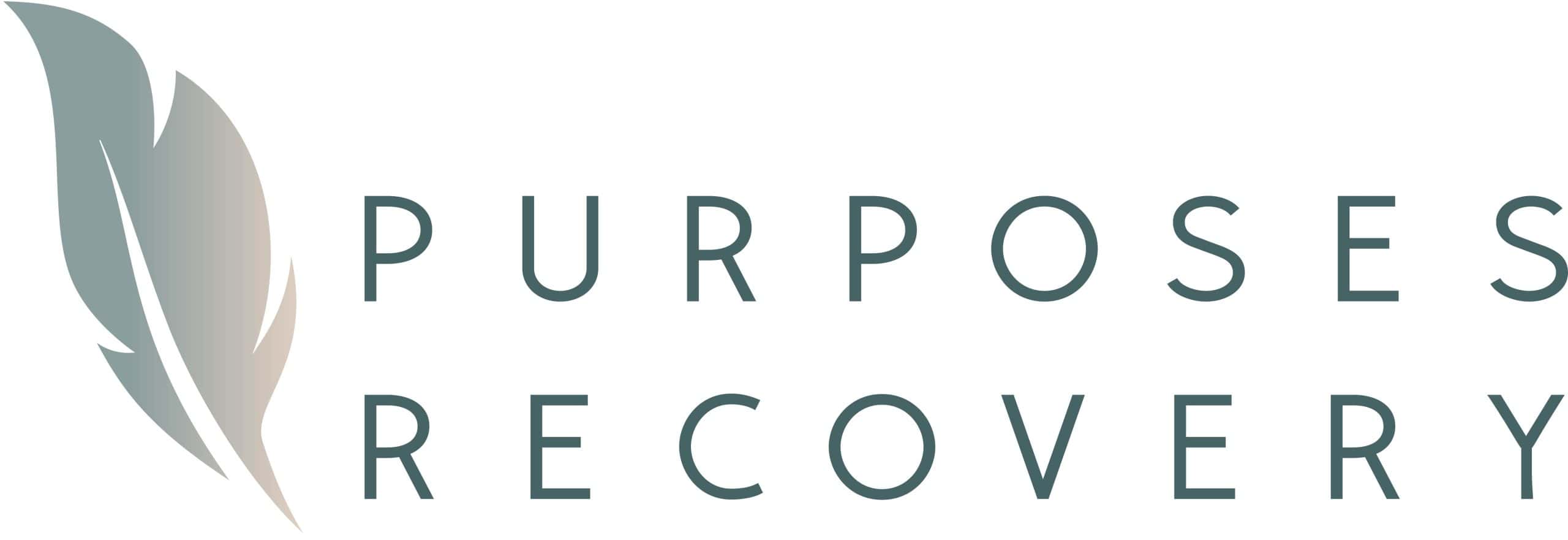When a loved one is struggling with addiction, it’s easy to feel helpless. But there’s actually much you can do.
Learning to provide recovery support is a great way to help reinforce your loved one’s sobriety. Not to mention, it can give you the tools to help more people at a later date. In exploring the ways to support your loved one through his or her recovery, you can prepare yourself to give him or her desperately needed help.
How to Support Someone in Recovery
Providing support can be difficult as the best course of action isn’t always obvious. For instance, there’s the worry of being useless or of doing more harm than good.
For example, you can help a person in recovery by celebrating milestones and encouraging healthy habits and coping mechanisms. These choices might seem small, but simply being there to offer your support can be enough. It serves as a reminder that he or she is not alone.
In addition, celebrating small positive changes can help to cement better behaviors. Promoting healthy choices by reinforcing them when a person makes them and encouraging him or her to be responsible can have a similar impact. Instead of expressing anger at your loved one, giving support will make him or her want to do better. The less alone he or she feels, the better.
But don’t feel obligated to harm yourself in order to help another person as it’s important to look after yourself, too. Not only will you be in a better place, but you’ll have a greater ability to help your loved one. Taking the time to set clear boundaries, taking breaks, and finding others to step in for you, will help you help your loved one.
Support vs Enabling
But providing support isn’t as simple as being supportive. It is very easy to fall into the trap of enabling someone instead.
[Pullquote: “But when you worry about your loved one ever facing negative consequences, you can fall into the trap of enabling.”]
Supporting a person means assisting him or her with regaining control of his or her life. Positive reinforcement of healthy behaviors and celebrations of achievements are great ways to do this. But when you worry about the consequences that your loved one could face, it’s easy to slip into enabling behavior.
Enabling a person is when someone is protected from the negative consequences of his or her actions by a loved one. Although helping someone to evade significant long-term consequences, there’s little incentive to curb the behavior.
Examples of enabling behavior include:
- Tolerating or ignoring problematic behavior.
- Providing financial assistance to a loved one, allowing him or her to engage in reckless behaviors.
- Covering for or making excuses for a loved one.
- Shouldering more responsibilities than normal.
- Avoiding serious issues.
- Disregarding harmful or dangerous behaviors.
- Denying that a problem exists.
- Failing to enforce consequences.
- Not maintaining boundaries.
If you think you might be enabling a loved one, don’t panic. By bringing attention to the problem, encouraging your loved one to get help, setting and enforcing boundaries, and taking care of yourself, you can stop enabling and start supporting.
Take Care of Yourself
Although caring for a loved one is never a bad thing, it’s crucial to take care of yourself as well.
There are many ways to care for your mental health, including:
- Spending time with cherished loved ones.
- Being physically active in order to boost your mood and overall health.
- Developing your skills and talents.
- Enriching your mind by learning.
- Practicing mindfulness and meditation.
- Expressing yourself creatively.
- Engaging in healthy habits like eating nutritious meals, getting enough sleep, and practicing good hygiene.
In taking care of yourself, you can increase your capacity to take care of someone else.
Find Support With Purposes Recovery
Though it can be difficult to watch a loved one struggle, knowing that you can support him or her should offer solace and reassurance.
If you or a loved one is struggling with substance abuse, there are people out there able to support you. With a detox program in Los Angeles, Purposes Recovery offers effective resources that can help. With us, you can find your purpose in recovery at our addiction center. Call our toll-free number today to see if our LA detox program is right for you.



